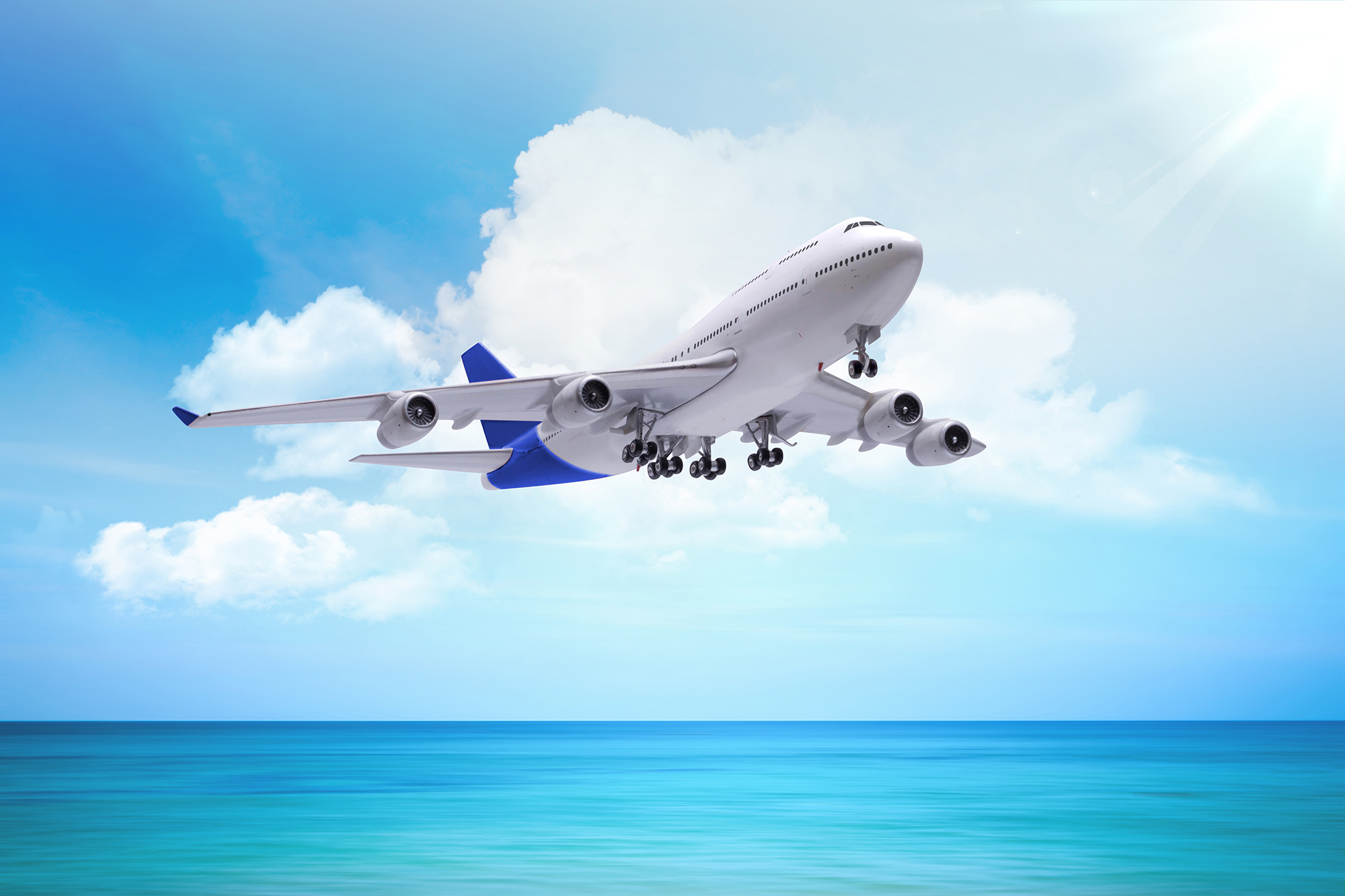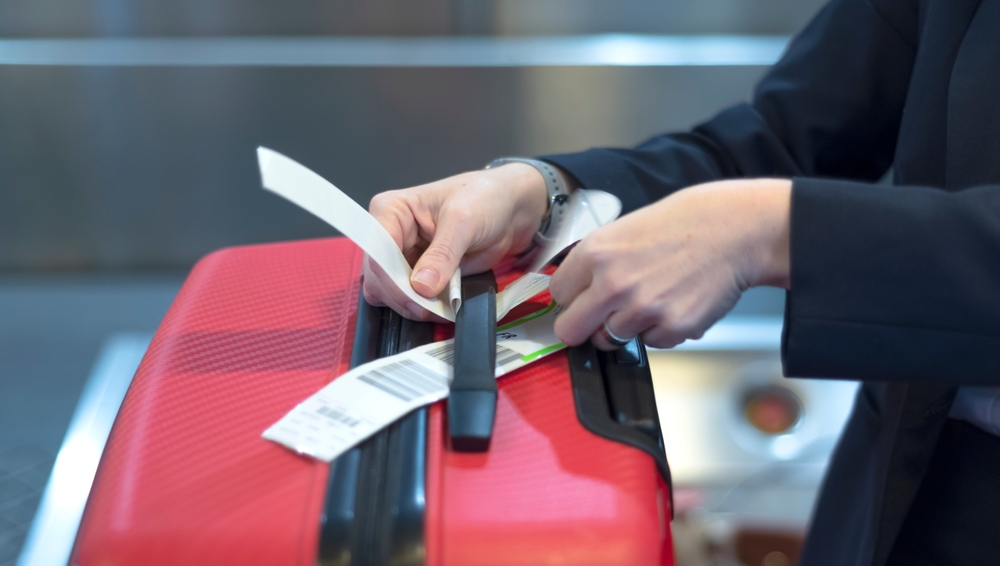Baggage fees have become an essential consideration for travelers, with each airline having unique policies. This guide breaks down the basics of airline baggage fees to help you plan.
Understanding Baggage Basics
- Baggage Fees Are Per Bag and Per Direction
Most airlines charge per bag and per flight direction. A one-way trip equals one charge, while a round trip incurs two charges. Connecting flights typically include baggage transfer without extra fees unless:
- You switch between airlines that don’t have a baggage agreement.
- You book separate tickets for each leg of the journey.
- Fees Are Standard Across Booking Channels
Whether booking directly with the airline, online, or through third-party websites, baggage fees are determined by the airline and remain consistent. Websites that don’t display baggage fees are not offering a better deal; they’re simply not disclosing all costs upfront.
- Fee Waivers for Certain Travelers
Many airlines waive baggage fees for:
- Elite frequent flyers.
- S. military personnel.
- Business and first-class passengers.
- Travelers with fully refundable tickets or premium fares.
- Holders of airline-branded credit cards.
- Checked Baggage Policies
Domestic Flights
Baggage fees for domestic flights vary widely. For example:
- Southwest Airlines offers two checked bags.
- Most major airlines charge around $30 for the first bag and $35 for the second bag. Additional bags or oversized/overweight luggage can cost up to $200.
International Flights
Fees for international flights range from $0 to $350, depending on the destination and class of service. Some routes and premium tickets include a baggage allowance.
Size and Weight Restrictions
Checked bags typically must not exceed 70 pounds or specific size limits. Oversized or overweight bags incur additional charges, often up to $150.
- Carry-On Luggage Rules
Most airlines allow one carry-on bag (usually up to 45 linear inches and under 30 pounds) and a personal item like a purse or laptop. Exceptions include:
- Spirit Airlines and Allegiant Air: These airlines charge for carry-ons, often more than for checked baggage.
- Domestic vs. International Baggage Fees
- Domestic flights typically have lower baggage fees compared to international ones.
- For international travel, baggage fees are influenced by the route, airline policies, and ticket class. Economy tickets may include one bag, while premium classes often allow more.
When and How to Pay Baggage Fees
To save money and time:
- Prepay online: Most airlines offer lower fees if you pay online before your flight.
- Avoid airport payments: Fees at the airport can be significantly higher.
Avoiding Baggage Fee Confusion
Feeling overwhelmed? Use baggage fee charts provided by airlines or travel websites to compare costs and plan ahead. These tools can help you budget for your trip effectively.
Pro Tip: Before booking your flight, visit the airline’s website to review their latest baggage policies and fees. This ensures you’re prepared and can avoid unexpected costs at the airport.
FAQs About Airline Baggage Fees
Q. Can I avoid paying baggage fees?
Ans. Yes, you can avoid baggage fees in several ways:
- Fly with airlines like Southwest that offer checked baggage.
- Use an airline-branded credit card that waives fees.
- Pack light and stick to carry-on luggage.
- Book premium tickets, as many include a baggage allowance.
Q. What happens if my luggage exceeds the weight limit?
Ans. If your luggage exceeds the airline’s weight limit (usually 50 or 70 pounds), you will need to pay an overweight baggage fee. These fees can range from $50 to $200 per bag, depending on the airline and route.
Q. Are baggage fees refundable if I cancel my flight?
Ans. In most cases, baggage fees are non-refundable, even if you cancel your flight. However, some airlines may allow you to transfer the fee to a future booking or request a refund for exceptional circumstances. Check the airline’s cancellation policy for details.
Q. Do international flights include checked baggage?
Ans. Many international airlines include at least one checked bag for economy passengers. Premium classes often allow two or more bags. Always confirm baggage policies specific to your destination and fare class.






